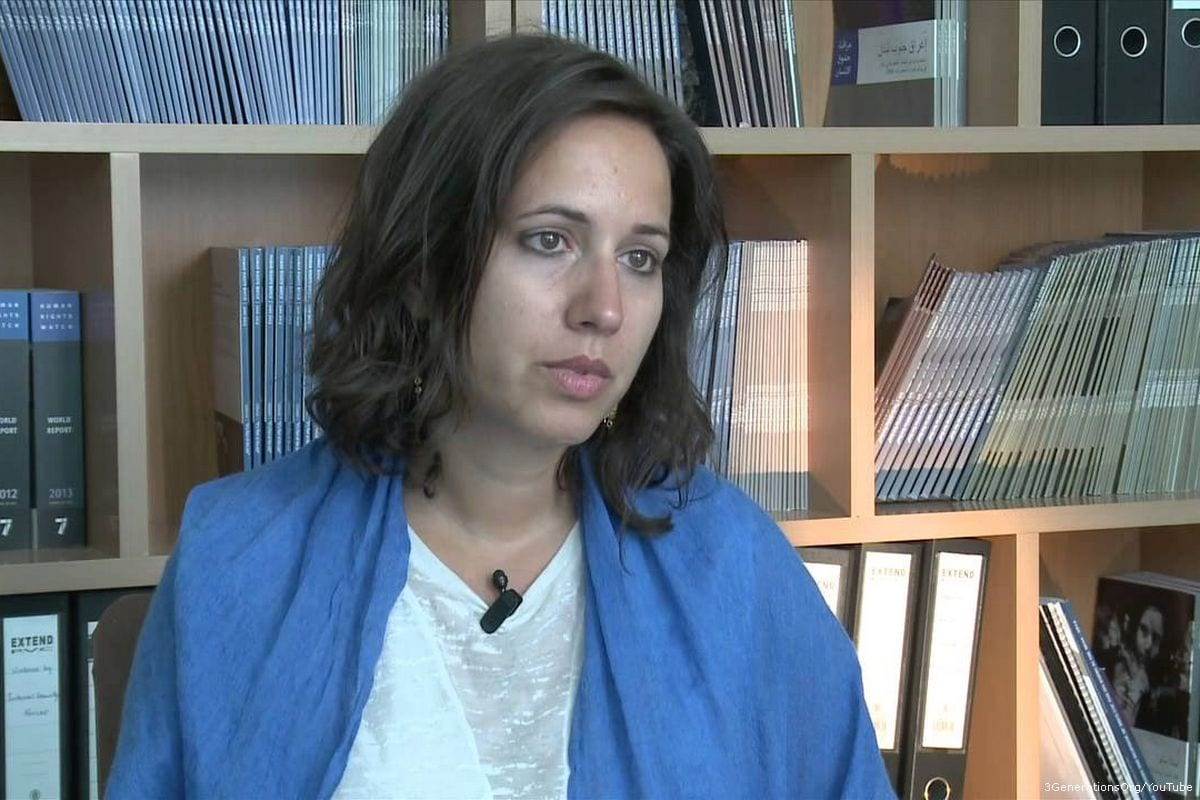HRW Beirut Blast investigator targeted with Israeli Pegasus spyware
A Human Rights Watch investigator was found to have been targeted by NSO's Pegasus spyware at a time when she was investigating the 2020 Beirut Port explosion.
-

HRW Beirut Office Director Lama Fakih
The two phones of a Human Rights Watch senior staff member were found to have been hacked by Israeli NSO Group's Pegasus spyware.
Lama Fakih, the Director of HRW's Beirut Office and a US-Lebanese citizen, was alerted by her Apple phone in November 2021 that she could be under state-sponsored attack. HRW's security team launched an investigation that was reviewed by Amnesty International's Security Lab, and found that Fakih's phones were infected with Pegasus.
The spyware used what's called a zero-click exploit, meaning that the phone was infected without the user doing anything such as clicking a link.
Smartphones infected with the Israeli spyware would effectively become pocket-spying devices, allowing the user to read the target's messages, look through their photos, track their location, and even turn on their camera without their knowledge.
NSO was blacklisted earlier in November by the US following evidence that the software enabled governments to conduct "transnational repression". It was also in hot water inside "Israel", as an investigative report published by Israeli website Calcalist revealed that the spyware was used to spy on anti-Netanyahu protestors.
Read more: Israeli PEGASUS Spying on Journalists, Activists Worldwide
Fakih's case
HRW says that in the case of its Beirut Office Director, her two devices were hacked between 6 April 2021 and 23 August 2021. So far, it has not been determined who was behind the hack, but Fakih handles crisis responses from different countries including Palestine, Kazakhstan, Ethiopia, Syria, Myanmar, Lebanon, Afghanistan, and the US.
In an interview with The Guardian, she said that the case she was working on at the time of the hack was the Beirut blast, but was also involved with matters related to Gaza and Ethiopia at the time.
The Israeli spyware has been scrutinized relentlessly by a myriad of rights and political groups around the world for its role in framing activists, silencing dissidents, and undermining democracy.
Recently, the European Parliament's third-largest group, Renew Europe, called for investigating EU governments' abuses using Pegasus.
The group's request comes following reports that NSO's Pegasus spyware was used to hack the devices of Hungarian and Polish opposers, politicians, journalists, lawyers, and government critics.
Sophie In ’t Veld, a Dutch member of the European Parliament, said, “We need a full inquiry into the Pegasus spyware scandal. European democracy is being undermined, and the EU should act accordingly," while requesting from the European Comission to "quickly banlist" the Israeli NSO Group.

 3 Min Read
3 Min Read








